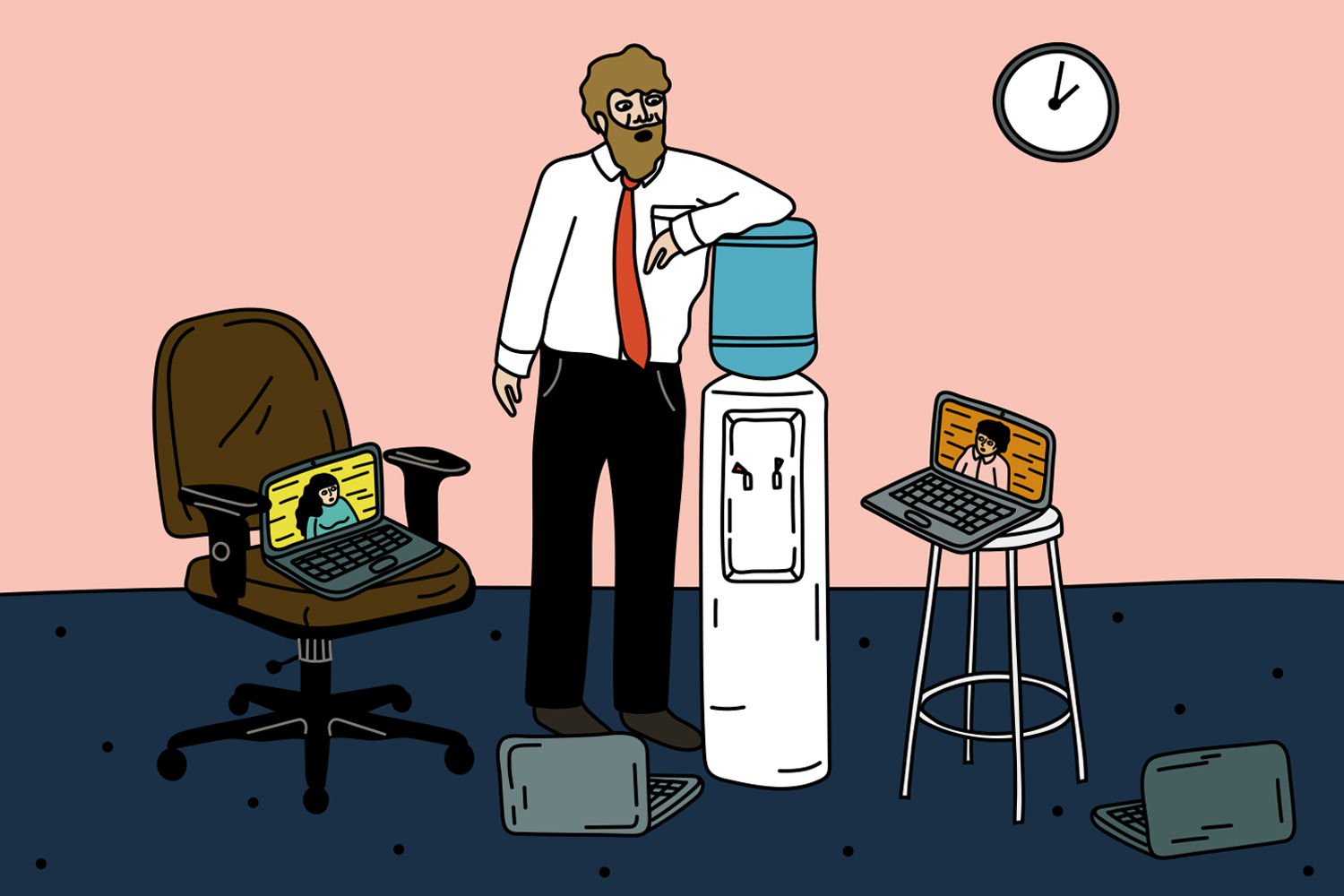The workplace romance is dead, and millennials, per usual, are to blame. This time, however, they enlisted the help of their Gen Z successors to carry out the crime. According to the Wall Street Journal, romantic entanglements in the office have seen a decline in recent years as younger generations increasingly enter the workforce, bringing changing attitudes toward dating, relationships, and workplace boundaries with them.
While the COVID-19 pandemic has certainly played a role in the office romance decline, the youngest members of the workforce had already kissed workplace flirtations goodbye well before coronavirus lockdowns rendered most office interactions of any kind a thing of the past. According to the Wall Street Journal‘s Krithika Varagur, a variety of large-scale societal shifts in the past decade or so have contributed to “a deeply awkward time for workplace romance.”
“Our generations’ careers have not so much been informed by, but violently buffeted by, forces like the 2007-09 recession, the #MeToo movement and the coronavirus pandemic,” wrote Varagur. “With the job market so precarious and workplace harassment under the microscope, many young people see dating a colleague … as a bad idea.”
The numbers back this up. A Stanford University study found the percentage of straight couples who met through work dropped from 19 percent to 11 percent between 1995 and 2017. Part of this shift can be attributed to the rising popularity of online dating, but changing workplace mores accelerated by the #MeToo movement have likely also played a role in the ongoing decline of office relationships.
Naturally, the coronavirus pandemic is only poised to accelerate the trend, as it’s relatively hard to have a workplace relationship without a physical workplace.
“One of the drivers of workplace romance is working together sort of intensely, face-to-face, in close physical proximity,” Amy Baker, an associate psychology professor at the University of New Haven, told Varagur. “The more we’re remote, that puts a damper on people forming relationships.”
Ultimately, the death of awkward office relationships doesn’t strike me as any particularly great loss. Somehow, I think the workforce will survive without any (potentially unwanted) water cooler flirtation. But if you really want to recapture all the awkwardness of workplace sexual tension, you can always try sliding into the Slack DMs.
Thanks for reading InsideHook. Sign up for our daily newsletter and be in the know.


















